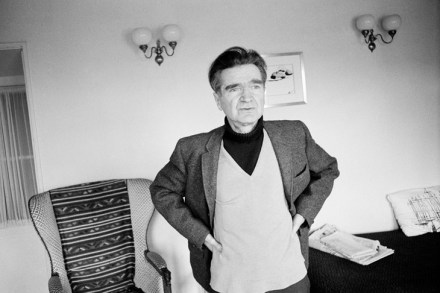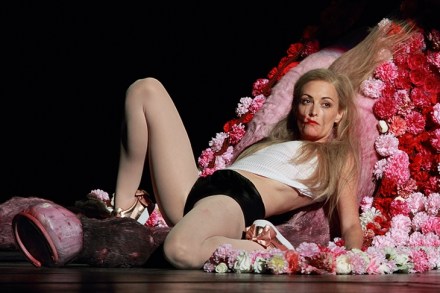Blessed Brian
Brian Bilston’s life is summed up perfectly by the incident with his neighbour’s dog. The annoying Mrs McNulty comes round to claim that the animal has spontaneously combusted. Brian has his doubts, not least because Mrs McNulty has never owned a dog. But he nevertheless uses the incident as inspiration for a poem, ‘The Day My Dog Spontaneously Combusted’: there he was, chasing sticks, doing tricks, and all that stuff next minute, woof Brian tweets the poem to his 23 followers. This is part of his ‘renewed commitment to social media’, but serves only to reduce his follower count to 17. What’s worse, ‘to add insult to invisibility’ he also


















